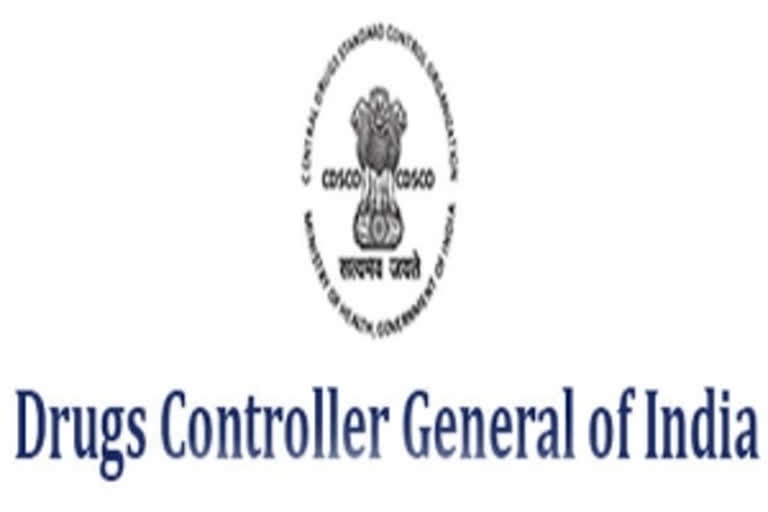New Delhi: India's apex drug regulator, Drug Controller General of India (DCGI) has denied giving permission to Indian Council of Medical Research (ICMR)-National Aids Research Institute (NARI) for the inclusion of cancer drug Acalabrutinib in WHO solidarity trial.
The Subject Expert Committee (SEC) of DCGI in its meeting held on Wednesday said that without the result of the pilot study, or more published data, permission is not consideredable at this stage, for the inclusion of Acalabrutinib in the trial.
It may be mentioned here that ICMR-NARI is responsible for conducting the WHO's solidarity trial in India.
The SEC noted that based on the available data of 19 patients, this committee had earlier recommended for grant of permission to another firm to conduct a pilot study in 60 subjects (30 in the Acalabrutinib arm) as part of a global clinical trial against the proposal in 140 subjects with this drug.
The ICMR-NARI believe that acalabrutinib, a cancer drug manufactured by British drug major AstraZeneca, should get permission for solidarity trial.
Officials said that Acalabrutinib has the potential to combat hyper-inflammation.
Study shows that many times the severe stage of COVID-19 is accompanied by a hyper-inflammatory syndrome that causes havoc, leading to various complications and even death.
Meanwhile, the SEC has also not approved for the manufacture of Favipirnavir chewable tablets 800 mg.
The expert committee recently rejected the proposal of Macledos Pharma for chewable manufacture of Favipirnavir.
Representatives of the Pharma giant has presented their proposal for manufacturing and marketing of Favipiravir chewable tablets 800 mg and 1800 mg before the committee.
In the light of the fact that the Favipiravir is approved for restricted emergency use with various conditions and restrictions, the committee observed that justification submitted by the firm in support of chewable tablets is inadequate.
Earlier, WHO in its solidarity trial had found that four drugs ramdesivir, Hydroxy-chloroquine, lopinavir-ritonavir and interferon had little or no effect on overall mortality, initiation of ventilation and duration of hospital stay in hospitalised patients.
However, such solidarity trial is considering evaluating other treatments, to continue the search for effective COVID-19 therapeutics.
Also Read: ICMR, SII complete enrolment of phase-3 clinical trials for Covishield vaccine



